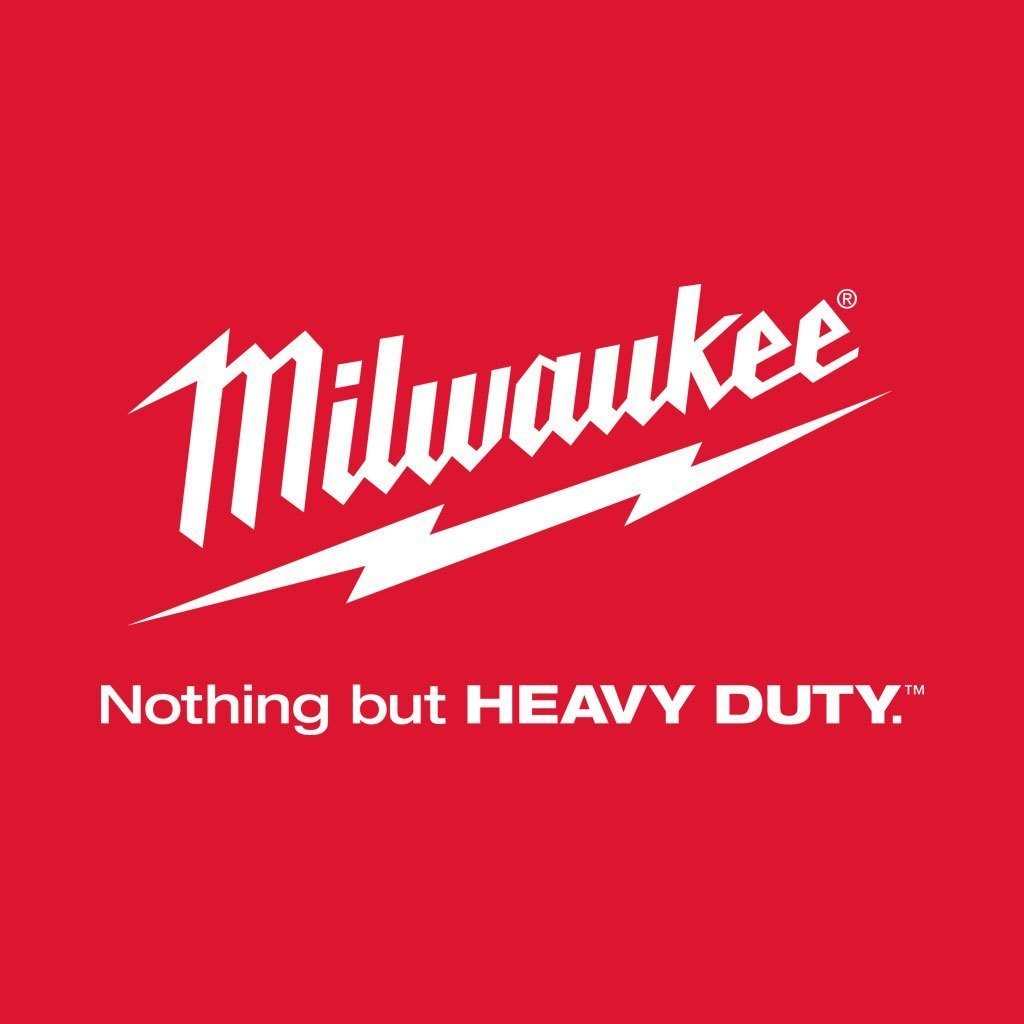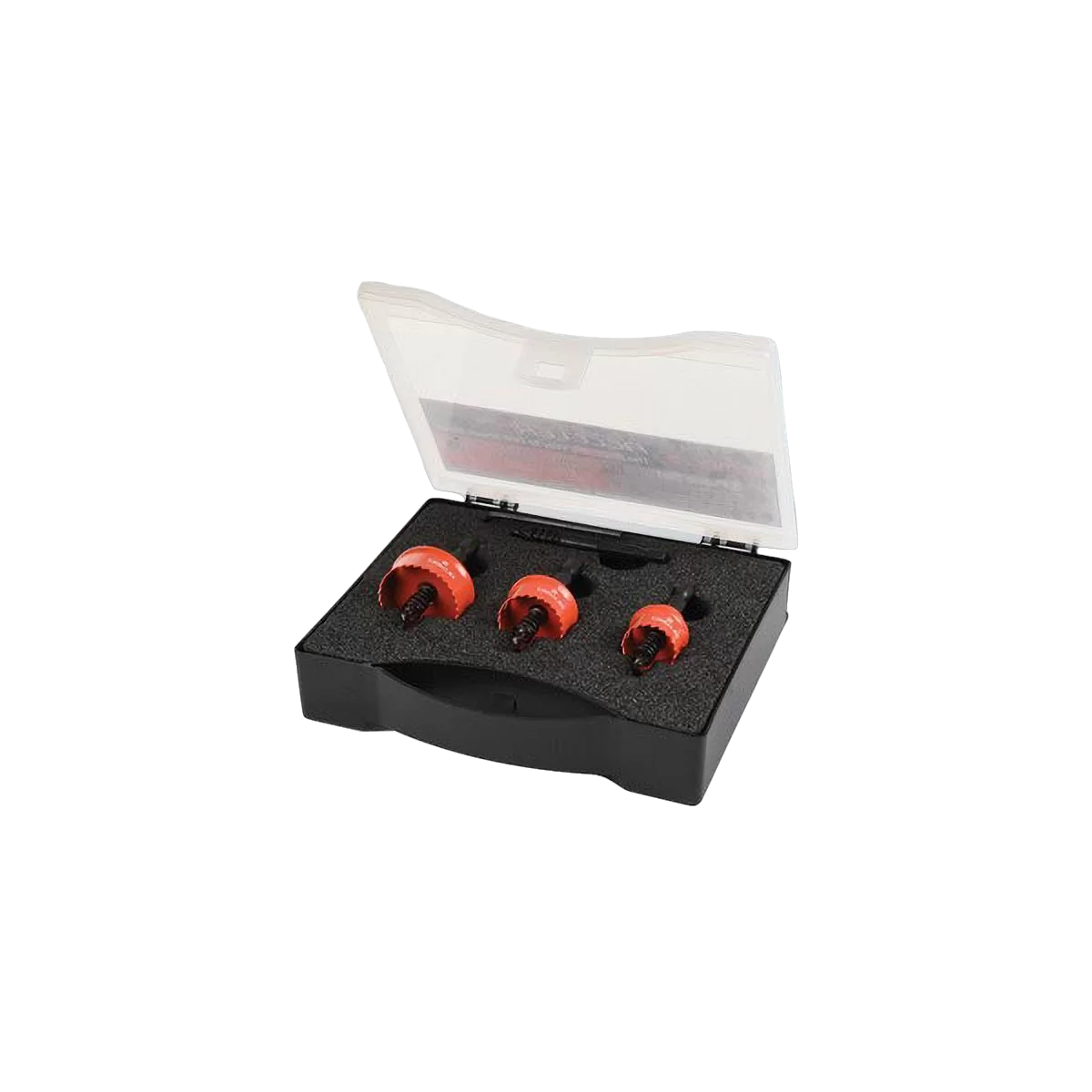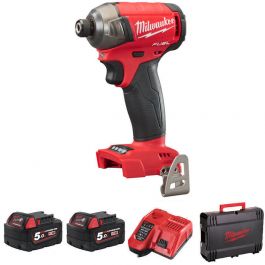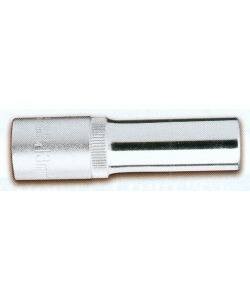- Jun 2, 2018
- 485
- 354
- 101,238
- If you're a qualified, trainee, or retired electrician - Which country is it that your work will be / is / was aimed at?
- United Kingdom
- What type of forum member are you?
- Practising Electrician (Qualified - Domestic or Commercial etc)
Morning all!
Just been having a quick flick through some threads and enjoying all the good advice being offered to many people on a variety of topics!
While flicking I've also noticed info on earthing nuts and wiska gland plates which have blown my mind as it seems I'm currently still stuck in the dark ages using banjos for all SWA installations.
To add to this I've only not long ago started using wagos instead of connector block...
This has made me want to ask whether there are any other really simple (probably second nature now to you all) materials/accessories and tools which would make commercial fit outs easier and simpler?
Thanks all, have a good day!
Just been having a quick flick through some threads and enjoying all the good advice being offered to many people on a variety of topics!
While flicking I've also noticed info on earthing nuts and wiska gland plates which have blown my mind as it seems I'm currently still stuck in the dark ages using banjos for all SWA installations.
To add to this I've only not long ago started using wagos instead of connector block...
This has made me want to ask whether there are any other really simple (probably second nature now to you all) materials/accessories and tools which would make commercial fit outs easier and simpler?
Thanks all, have a good day!


















